
Urban List Guide To Sunshine Coast
Discover the best of Sunshine Coast—where to eat, drink, explore and escape, plus local news and cultural must-reads, all curated by Urban List.
News
See All
Queensland Will Not Be Getting The Monday Public Holiday For Anzac Day This Year

The Queensland Government Has Invested $1 Billion Into Tourism—Here’s Exactly What It’s Doing

A New Eco-Resort Is Hitting The Whitsundays In 2027—And It’s Wildly Luxurious
Features
See All
Life In The Fast Lane: Your Guide To F1 Weekend

Keli Holiday’s New Record Capital Fiction Reintroduces The Peking Duk Star To The World

3 Aussie Creatives Share Their Must-Try Lunar New Year Dishes
Best Of Sunshine Coast
See All.jpg?auto=format%2Ccompress&fit=crop&ar=3:2&w=340)
Queensland’s Best Beachside Resorts To Book In 2026

26 Of The Best Romantic Queensland Stays For Your Valentine Vacay

21 Of The Best Sunshine Coast Markets This Month
Things To Do
See All
10 Swoon-Worthy Brisbane Restaurants To Book For Your Date Night Feasting

The Best Gift Cards To Buy When You Need A Last-Minute Present
.png?auto=format%2Ccompress&fit=crop&ar=3:2&w=340)
PSA: Singapore Airlines Just Announced Huge Flight Deals To Help Tick Off Your 2026 Bucket List
Food + Drink
See All
Food Writer Becca Wang Shares Her Go-To Lunar New Year Recipes For Year Of The Horse

How Daniela Maiorano Blends Her Abruzzo Roots With Byron Bay Values For Simple, Flavourful Hosting
.png?auto=format%2Ccompress&fit=crop&ar=3:2&w=340)
From Sun-Drenched Sips To Signature Cocktail Stations: How We’ll Be Entertaining This Summer
Local Escapes
See All
Seek Out Some Serenity At 5 Of Queensland’s Prettiest Beach Towns

This Island 2.5 Hours From The City Has A Roaming Cocktail Van For Your Post-Swim Sips

27 Stunning Places To Stay Near Brisbane With Outdoor Baths
Urban List Guides
- Australia
- New Zealand
- Asia
- Rest of the world
Rest Of The Best

93 Of The Best Movies On Netflix Australia To Stream Tonight (February and March 2026)

64 Of The Best Shows And Movies On Disney Plus Australia (February 2026 Edition)

29 Valentine’s Day Gift Ideas That Your Special Someone Will Love
.png?auto=format%2Ccompress&fit=crop&ar=3:2&w=520)
Cibaria Noosa
Cibaria Noosa, the newest venue from Sydney hospitality legends Alessandro and Anna Pavoni, has officially opened at Elysium Noosa Resort, and it’s serving up all the sun-soaked, social dining vibes we need on Hastings Street.
_(1).png?auto=format%2Ccompress&fit=crop&ar=3:2&w=520)
Northern Grounds
Arguably Australia’s favourite beer, Great Northern, has officially opened the doors to its very first flagship venue right here on the Sunshine Coast.

Noosa Chocolate Factory | Sunshine Plaza
Get your chocolate fix at Noosa Chocolate Factory's new Maroochydore concept store.
.png?auto=format%2Ccompress&fit=crop&ar=3:2&w=520)
MISSCHU Noosa
Noosa’s dining scene just got a whole lot tastier with the arrival of Misschu, an Asian street food tuckshop that has already stolen hearts (and appetites) in Melbourne.

10 Valentine’s Day Gift Ideas That Go Beyond Flowers And Chocolates
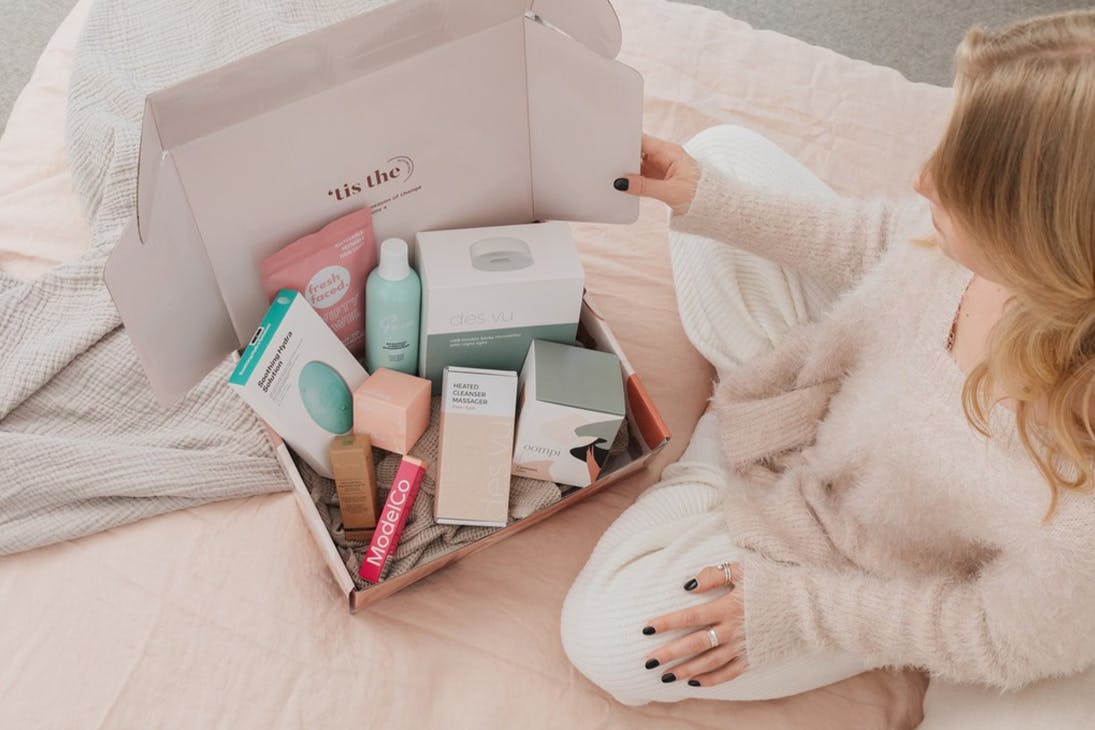
Give Someone A Little Self-Care With This Gift Guide For All Things Beauty And Wellness

Alert The Ton: Bridgerton Season 4 Just Dropped, Here’s Everything You Need To Know

Ēthos
Set across 30 acres, check out this stunning farm-to-plate experience in a new Mediterranean-inspired restaurant.

Dakabin Hotel
From the arcade to the sunken fireplace, the highly anticipated Dakabin Hotel is opening this week.

Lyra
Lyra brings authentic Greek flavours to the Sunshine Coast, drawing inspiration from both traditional and contemporary Greek cuisine, history, and dining culture.

Slipstream Brewing Social House
Birtinya has scored a massive new brewery, but it’s not just any brewery—it’s from the Slipstream Brewing team who were named as ‘Queensland’s Best Brewery’ at the Royal Queensland Beer Awards in 2024.

From Solo Travel To Milestone Escapes: Here’s Why A Trip To Fiji Is Scientifically Good For You

Here’s How You Can More Than Double Your Annual Leave In 2026

From Safaris To City Exploring: Where Our Team Is Flying In 2026

Pier 33
One of the Sunshine Coast’s most beloved venues, Pier 33, has been revitalized under the new ownership of the Williams family, transforming it into a major hub for dining, events, and entertainment.

Imperial Hotel
The iconic 112-year-old Imperial Hotel in Eumundi is getting a fresh new face with an all-new strikingly elegant front bar, gaming room and TAB now open to the public.

Rosa Italian
A slice of Southern Italy has landed in Coolum with the arrival of Amalfi-inspired restaurant, Rosa Italian.

Peli’s Noosa

The Best Sunshine Coast Events In January 2026 And Beyond

How To Show Up: Invasion/Survival Day Rallies Happening Across Australia On January 26

“Authentic Allyship Involves Real Commitment To Truth-Telling”: Why Jan 26 Is No Day To Celebrate
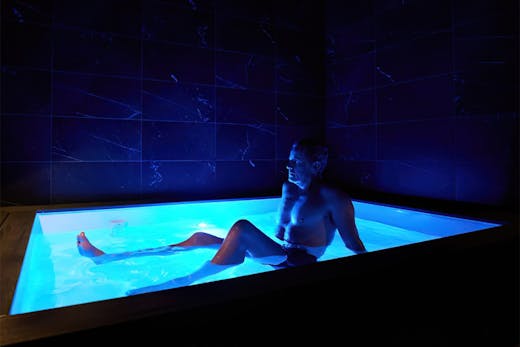
City Cave | Sunshine Coast
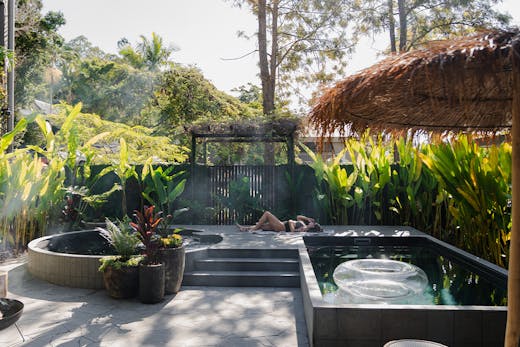
The Imperial Hotel Boutique Accommodation

Bango Korean & Bar

The Big Pineapple

Euro Summer Bound? These Deals Have A Singapore Stayover Sorted

Home Run Holiday: How Comedian Samantha Andrew Took A Swing On A Trip To South Korea

57 Of The Best TV Shows And Movies To Stream On Paramount+ Australia (2026 Edition)

Lil Canteen Cotton Tree

Basq House

Don Sangas

Matso’s Sunshine Coast
.png?auto=format%2Ccompress&fit=crop&ar=3:2&w=340 340w)
Where Land And Kai Meet: The South Island City Telling Kiwi Food Stories

From Pāua Patties To Te Matuku Oysters: These Dining Experiences Are Worth The Journey

High-End Kiwi Cuisine, Coast To Coast: The Itinerary Defining New Zealand’s Culinary Golden Era

Bli Bli Hotel
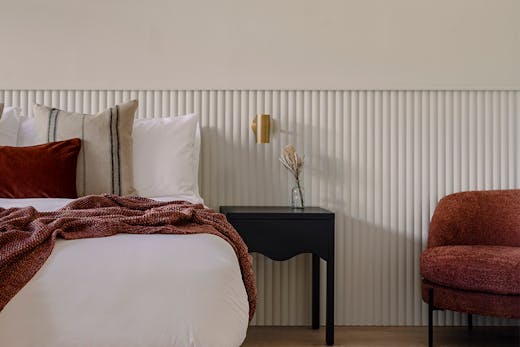
Boutique Motel Caloundra

Pataka Maroochydore

Wallace & Wood Ice Cream

Why Resorts World Sentosa Singapore Is The Ultimate Family Adventure
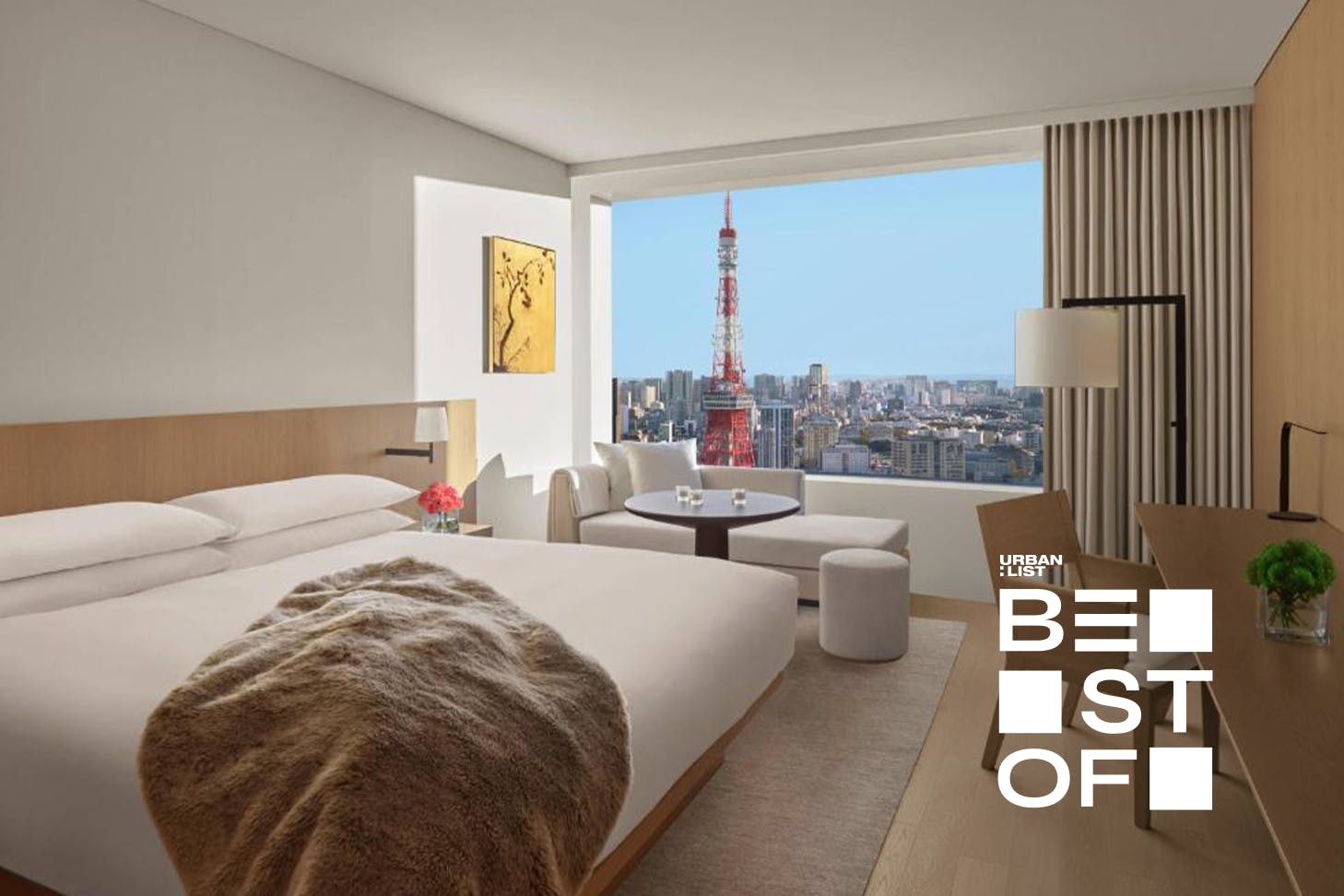
The Best Tokyo Hotels For Your 2026 Japanese Adventure

Nothing But Memories: Why Sketch Artist And Creator Tom Ford Prefers Experiences Over Souvenirs

Yo-Chi Sunshine Plaza

Skóra Studio
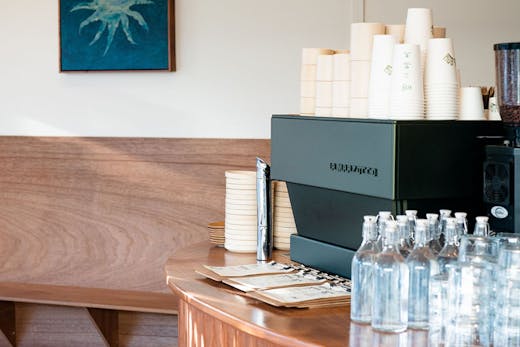
Hey Day Buddina

Pizzeria Sisily

Chasing Adventure: How Creator Renee Buckingham Ran Headfirst Into Love With Europe

Obsessed With Yellowjackets? Here’s 5 Shows Serving The Same Chaos, Mystery And Drama

Notes From The GOAT: 6 Summer Streams You’ll Actually Want To Watch

Artigiano Gelato
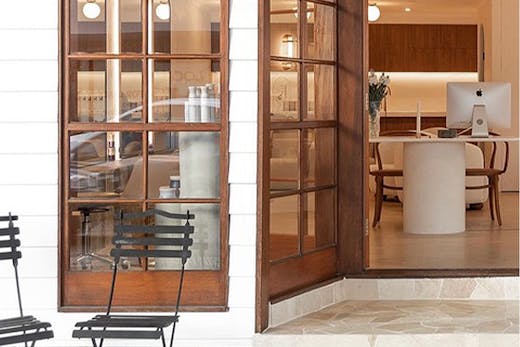
Frais Studios

Park & Cove

Pantree Wholefoods

Notes From The GOAT: Your Guide To Summer Streaming

PSA: The Sweetest New Opening Is Taking Over Queen Street Mall
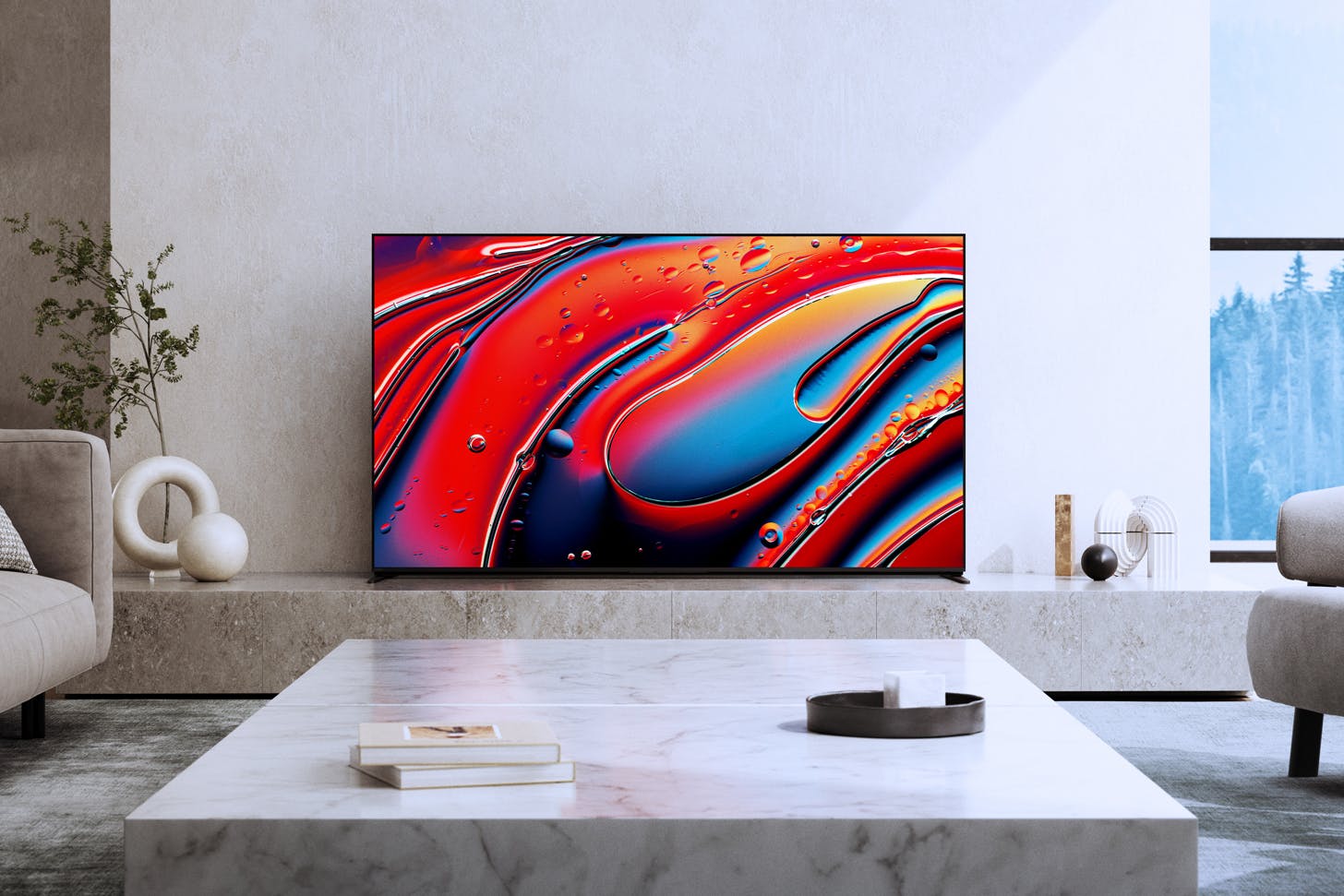
The Best TVs To Shop If You’re Looking To Upgrade Movie Night
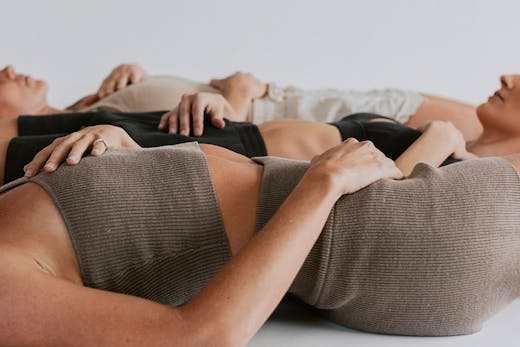
AOU Studio
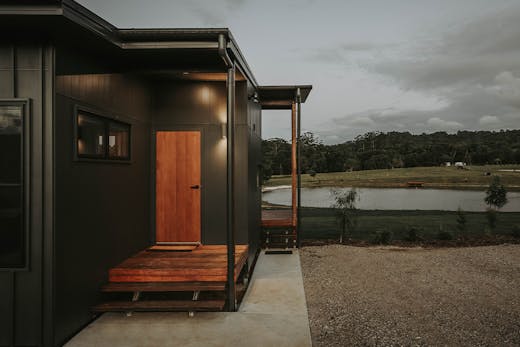
Sixty6 Acres

Lanai Noosa

RB Dining
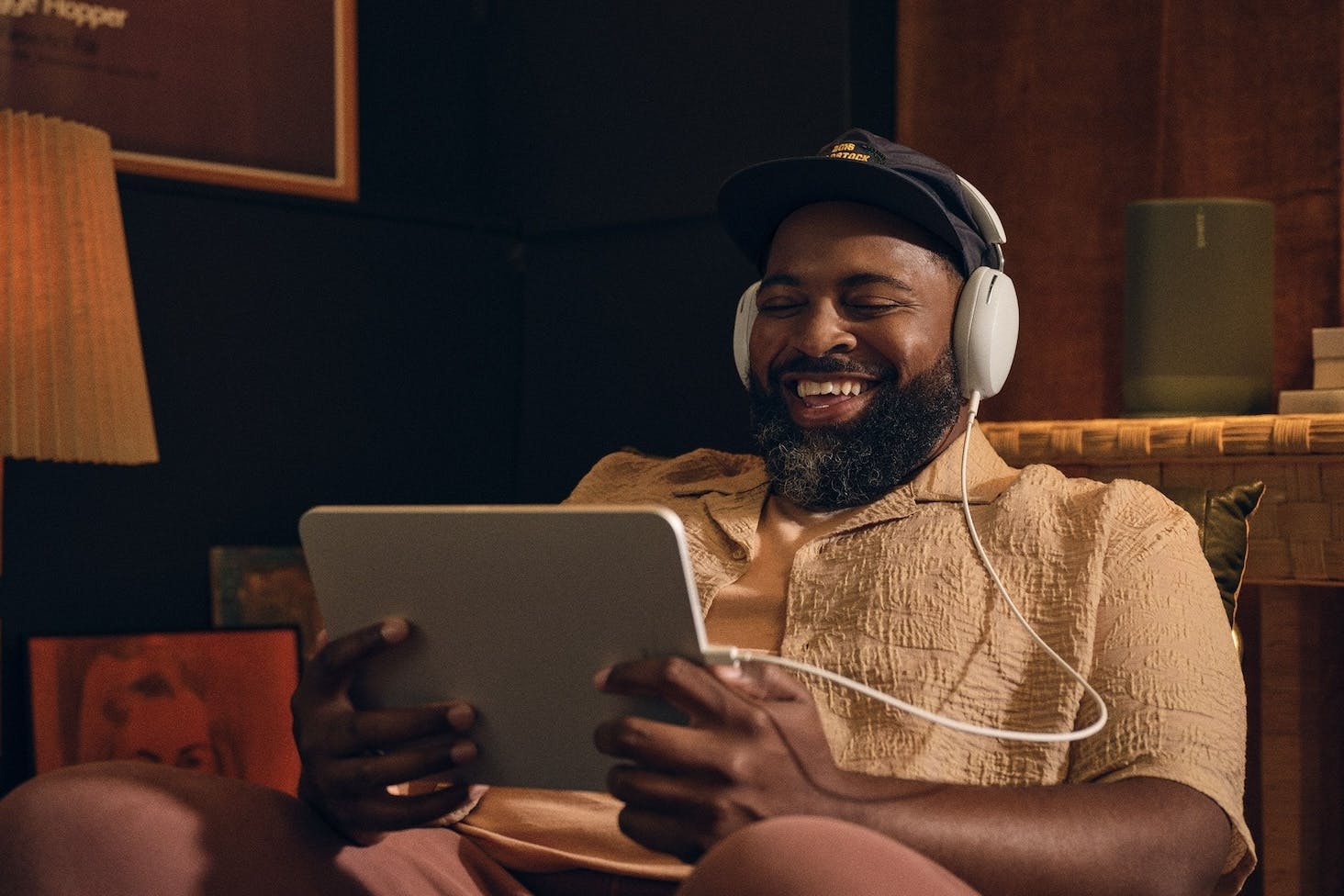
Listen Up, These Are The Best Headphones And Earbuds To Shop In 2026

18 Of The Best Sunshine Coast Stays With Outdoor Baths For A Blissful 2026 Vacay

26 Tiny Houses In South East Queensland For The Cutest 2026 Vacay

CLO Studios
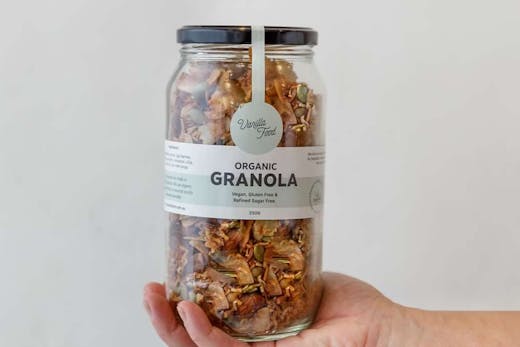
Nilla’s Pantry

Miyako Lounge
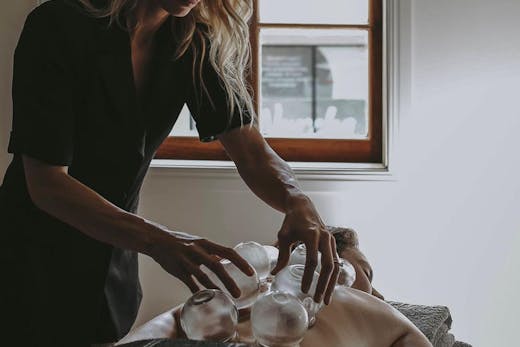
Aesthete Sunshine Coast

Slow Down And Check In: The Best Stays For Laidback Getaways

Matty Fahd Swapped The City For The Country And Found The Magic In Slowing Down

Flying For Love: How Louis Hanson Turned Ghosting Into An Unforgettable Trip

Op Shops And Goosebump-Inducing Shows: Our Brisbane Editor’s Fresh Guide To A Girls’ Night Out
.png?auto=format%2Ccompress&fit=crop&ar=3:2&w=340 340w)
8 Reasons To Book Air New Zealand’s Epic Cyber Week Sale

18 Of The Sunshine Coast’s Most Romantic Getaways
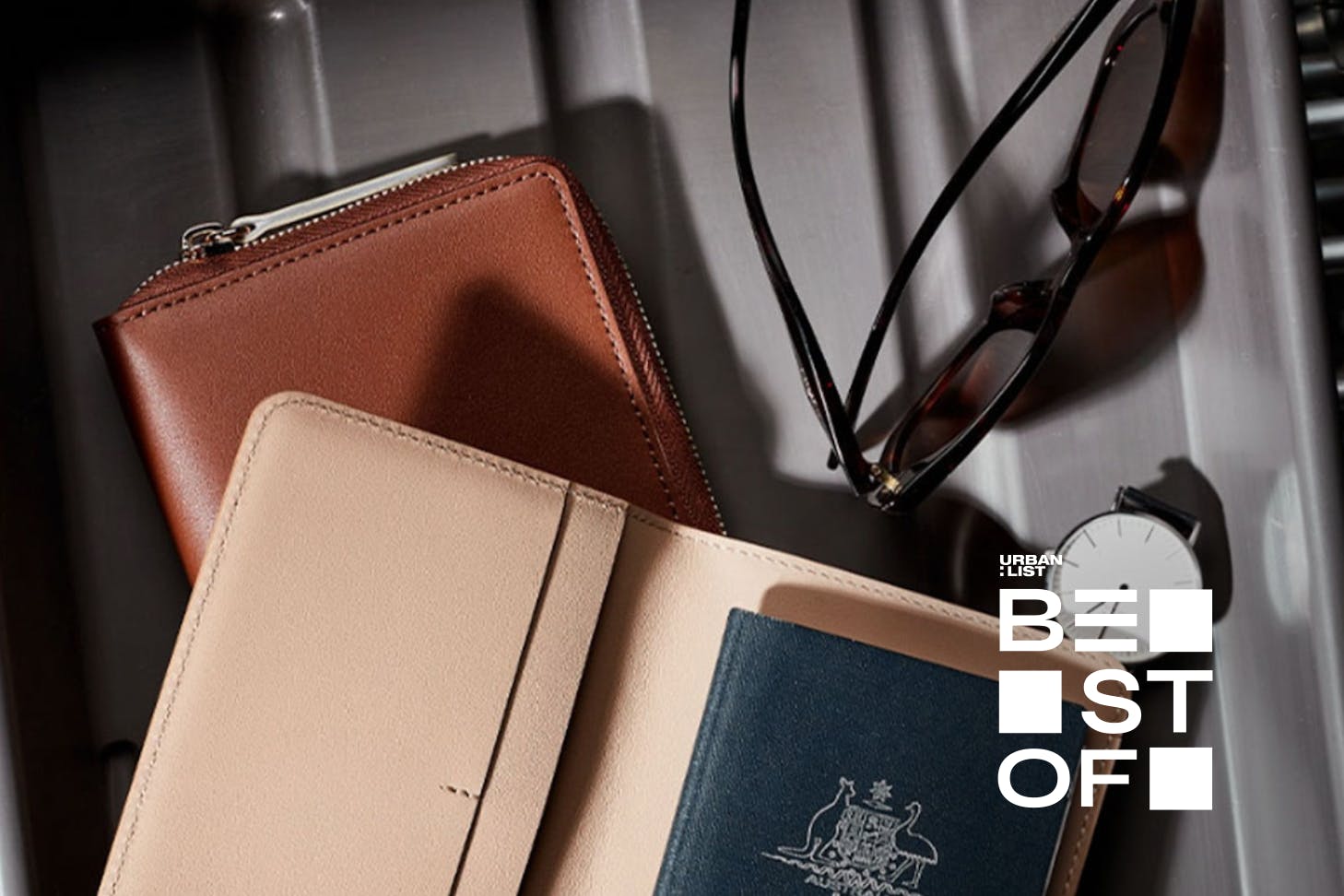
Gifts For Travellers: 23 Gift Ideas For The Frequent Flyer In Your Life

Outdoorsy Gifts: 21 Gifts For That Person Who’s Always Outside

Live Your Best Tropical Life At This Airlie Beach Stay (Complete With A Private Outdoor Bath)

This New Aussie-Made Sip Is About To Be Your Drink Of Summer For 2026

10 Of The Best Beaches On The Sunshine Coast

Christmas Sorted: The Ultimate Guide Gifting Something Special To Everyone On Your List

This Bold Performance Blends Movement, Music And Drama Into One Monumental Production

Need An Excuse? Comedian Mitch Dale Will Cancel Your Plans For You This Weekend

This Uber-Cute A-Frame Cabin An Hour North Of Bundaberg Comes With A Rustic Outdoor Bath

Just 45-Minutes From Brisbane, This Quirky Treehouse Has Its Own Charming Outdoor Bath

8 Of The Best Surfing Spots On The Sunshine Coast

The Prettiest Sunshine Coast Walks To Hit in 2026

18 Affordable Luxury Gifts To Give Someone Special In 2026

Everything You Need To See, Eat And Do In Lake Macquarie

18 Gifts For Mum She’ll Be Stoked To Open This Christmas

The Best Black Friday And Cyber Monday Early Deals (2025)

19 Homeware Gifts That Are Perfect For Your Decor-Loving Pals

15 Gifts For Him That Are Straight-To-The-Pool-Room Worthy
.jpg?auto=format%2Ccompress&fit=crop&ar=3:2&w=340 340w)
Tucked Away In The Mountains Of Mt Jukes, This Private Eco Retreat Is Designed For Digital Detoxes

Postcards From Singapore: Your Pocket Guide To Celebrating A Milestone In The Lion City

From Onsen Dips To Ramen Hits—Here’s The Best Things To Do In Tokyo In 2026
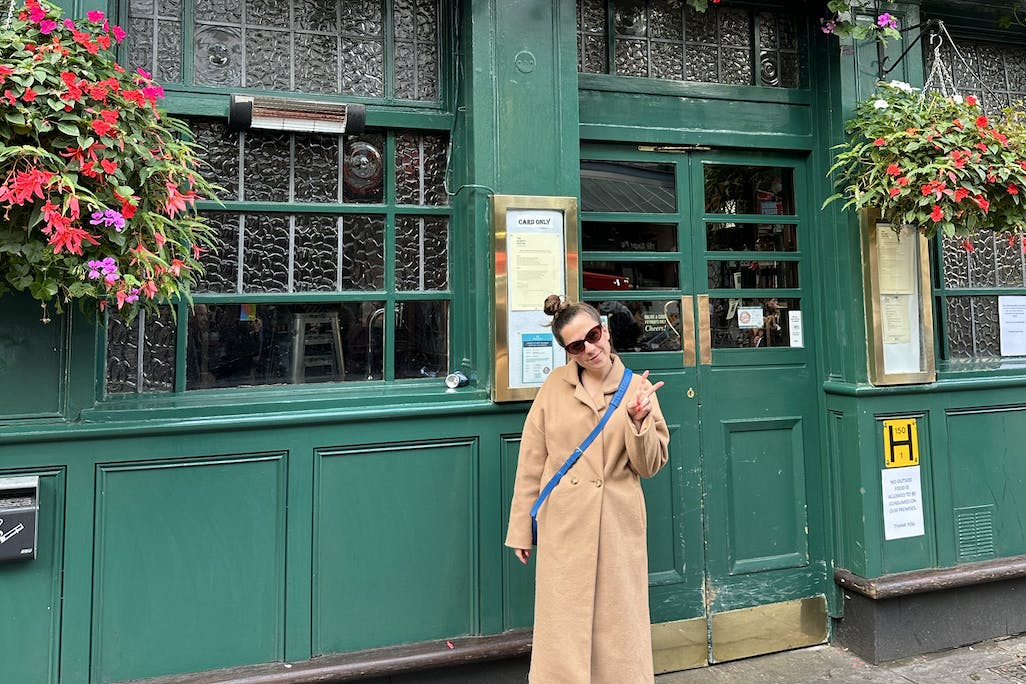
50 Of The Best Things To Do In London In 2026, According To A Local

4 Cool Neighbourhoods In Stockholm You Can’t Miss In 2026

15 Of The Best London Restaurants You Need To Book A Table At In 2026

The Best Things To Do In Sicily This Euro Summer, According To A Local

The Best Restaurants In Tokyo To Try In 2026

Lace Up And Hit The Best Sunshine Coast Bush Walks (2026 Edition)

Your Guide To Euro-Style Road Trippin’—Minus The Long-Haul Flight

These Stunning Queensland Escapes Deliver Euro Energy Without The Jetlag

Treat Your Mates To A Bit Of Bali In Byron With This Luxe Resort-Style Stay

Behind The Camera With Sianna Catullo: The First Nations Filmmaker Creating More Pathways For Mob

All The Queensland Music Festivals Happening In 2025 And Beyond

$5 Eats And Three-Star Stunners: Aussie Chef Dave Pynt’s Singapore In 48 Hours

Serenity Now: Just 20 Epic Places To Spend Your 2025 Summer Holidays

Sweet Dreams Are Made Of These Limited-Edition Dubai Choc Cinnamon Buns And Loaded Croissants

The Best New Zealand Christmas Gift Ideas So You Can Smash Out Your List For 2025

The New Nightlife Rule: Why We’re Ditching Screens For Real Connection

Dusty Boots And Disco Balls: What’s Behind Australia’s Country Comeback?

8 Limited-Time Deals In Singapore You’ll Want To Book ASAP

Hit The Road, Here Are The Best Things To Do In Tamborine Mountain
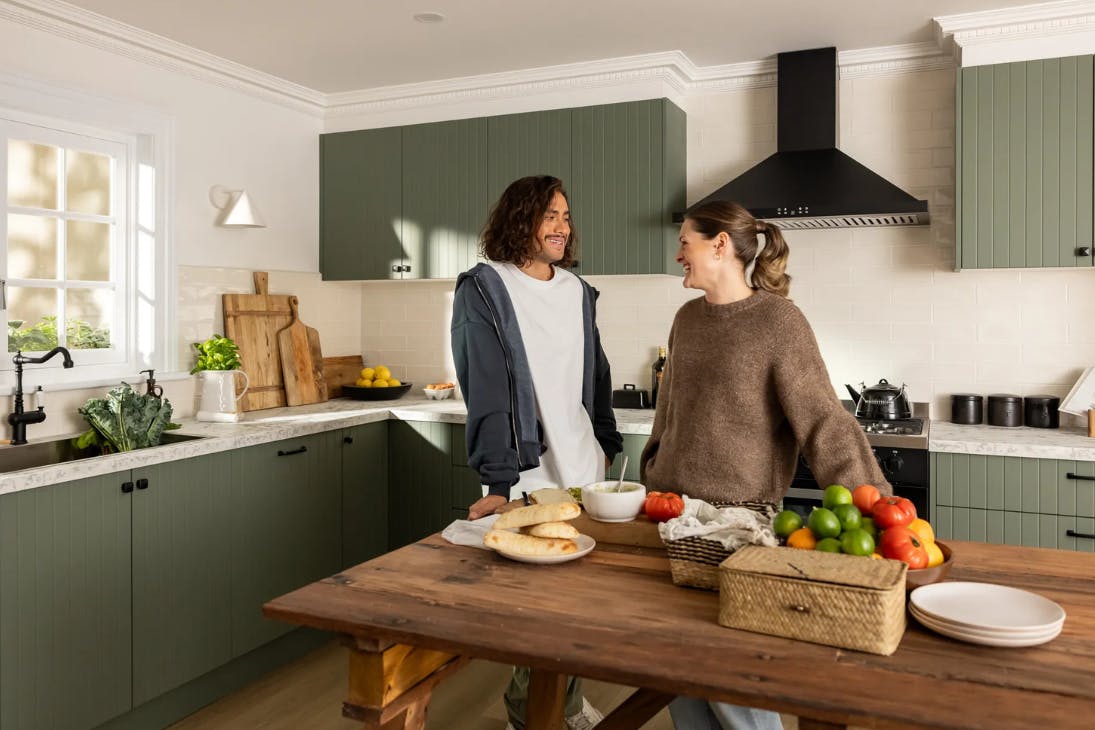
The Ultimate Guide To Designing A Trending Kitchen That Matches Your Vibe In 2026

13 Of The Best Tiny Homes In Tasmania For An Uber Cute Getaway

Postcards From Singapore: The Time-Savvy Traveller’s Guide To The Lion City


From Riverside Sips To Tipples In The Valley: These Brisbane Breweries Are Primed For Spring Pints

Go-To Brekkies, Leftover Lunches And Creative Dinners: Alex Crisp Shares A Week In Her Kitchen

A Treasured Hastings Street Hotel Is Transforming Into A Luxury Wellness Resort

14 Spring Getaways In Australia To Book Right Now

20 Of The Sunshine Coast’s Best Hotels To Check Into

30 Of The Best Cheap Things To Do On The Sunshine Coast

Here’s What You Need To Know About The Sunshine Coast Airport’s $170 Million Upgrade
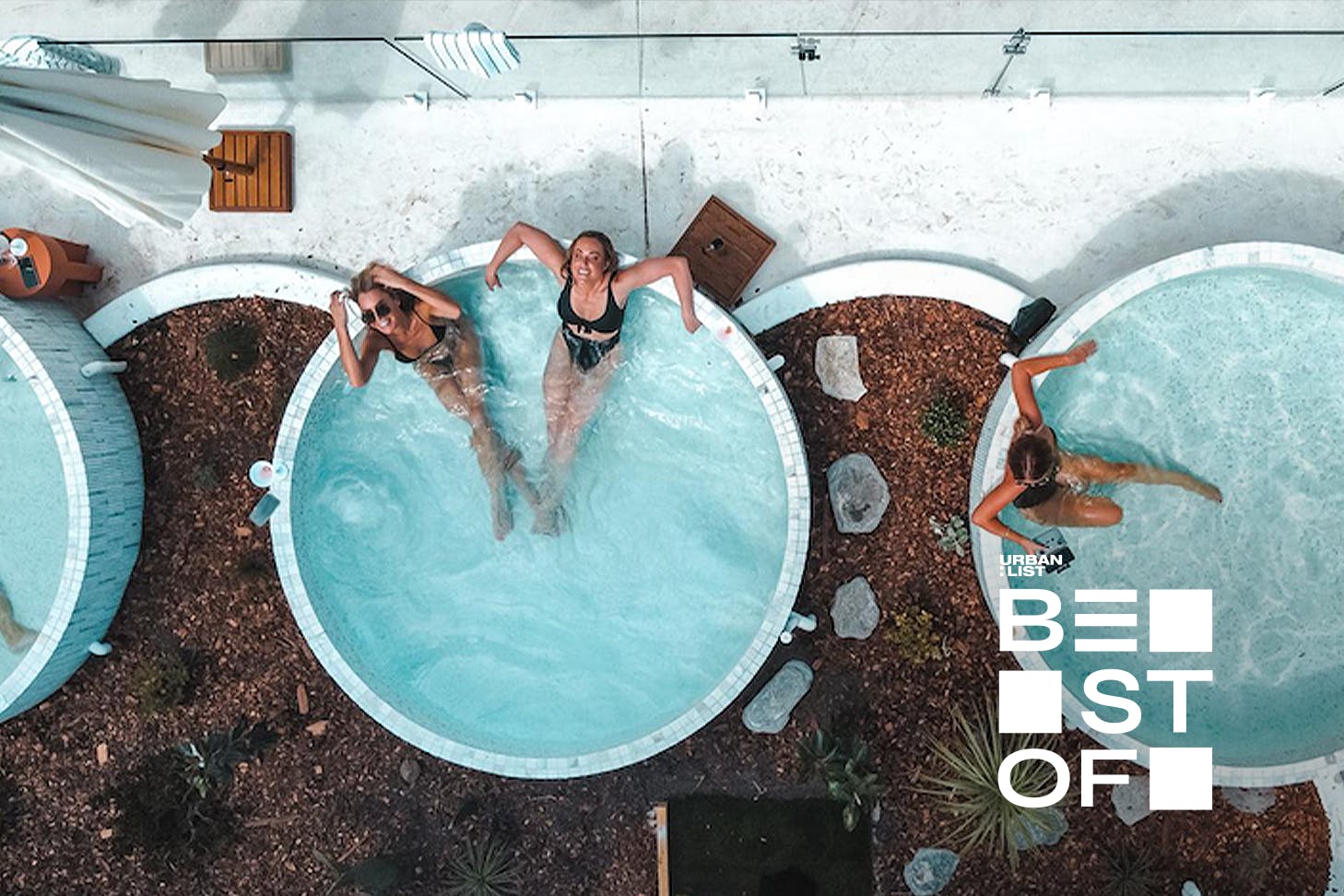
11 Of The Sunshine Coast’s Most Beautiful Day Spas To Treat Yourself

14 Of The Best Sunshine Coast Breweries To Sink A Cold One At


